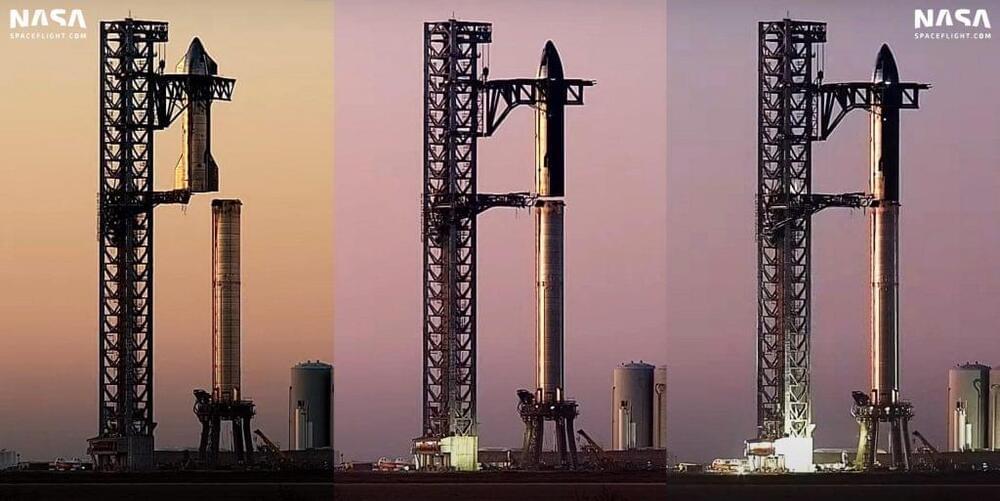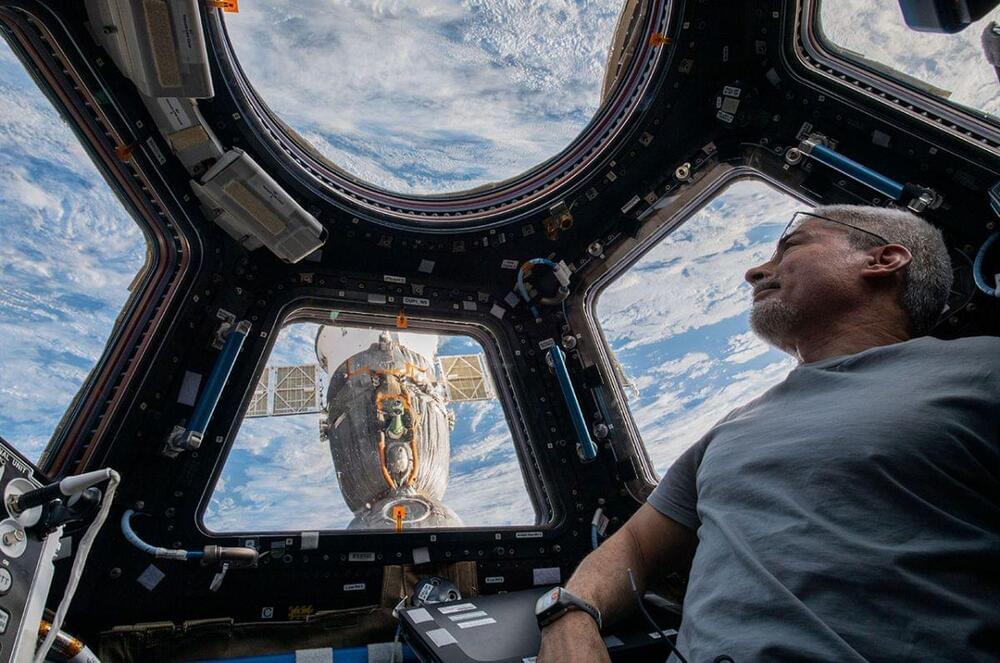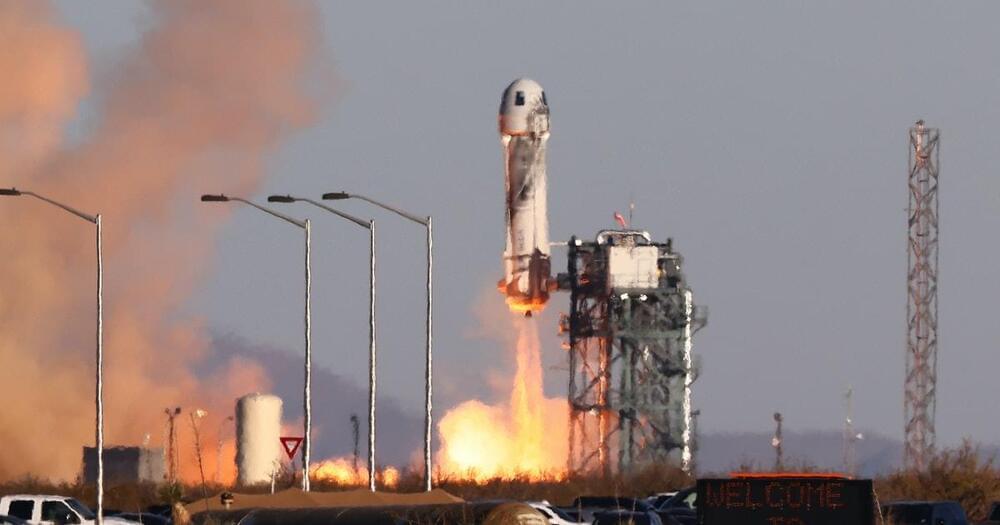The path back to the moon is long and fraught with danger, both in the real, physical sense and also in the contractual, legal sense. NASA, the agency sponsoring the largest government-backed lunar program, Artemis, has already been feeling the pain on the contractual end. Legal battles have delayed the development of a critical component of the Artemis program – the Human Landing System (HLS). But now, the ball has started rolling again, and a NASA manager recently reported the progress and future vision of this vital part of the mission to the Institute of Electrical and Electronics Engineers at a conference.
Kent Chojnacki is the manager of NASA’s Systems Engineering & Integration Office. He recently gave a presentation entitled Human Landing System. While it only ran to six content slides, he provided some more details into how the agency is arranging its work with future contractors developing the part of the Artemis program that will take astronauts down to the lunar surface.
Not only will it take astronauts down to the lunar surface, but the HLS will also serve as their home there – at least at the beginning of the Artemis program. Eventually, the astronauts will build their own homes on the lunar surface. But at least at first, it will have to be capable of carrying all the tools, equipment, and supplies needed to complete any individual Artemis mission.





